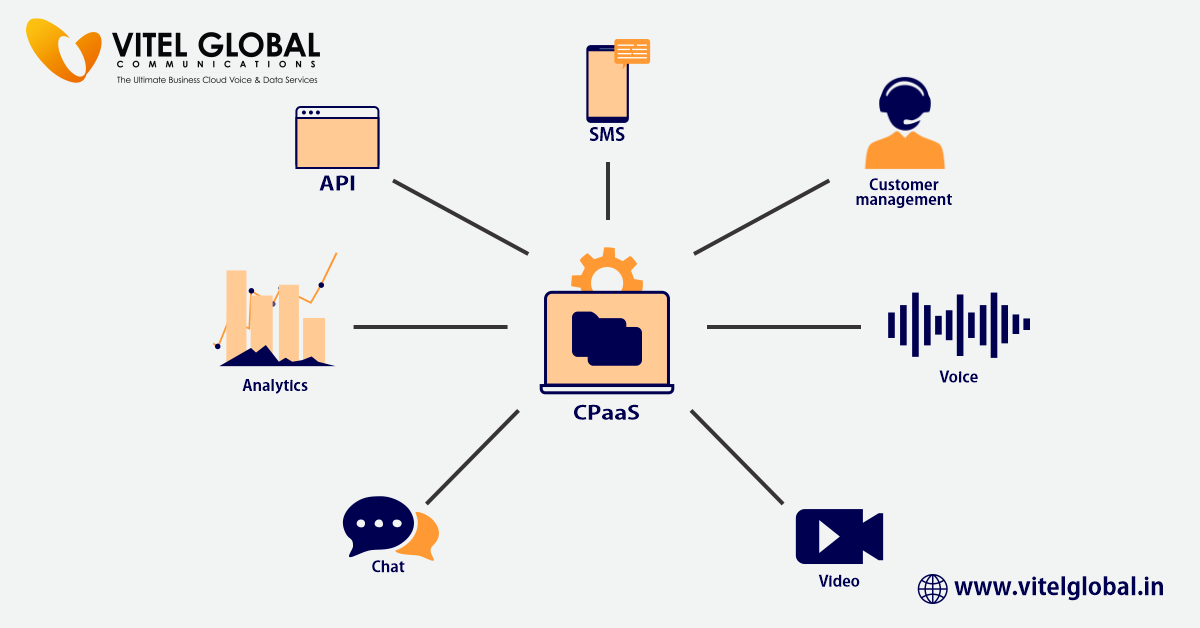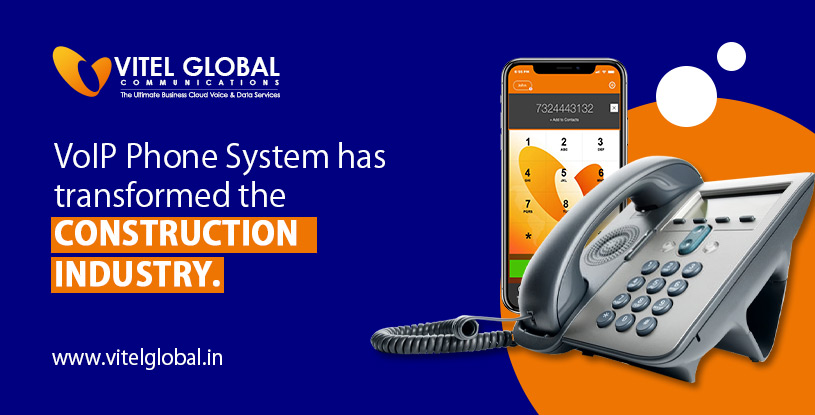Table of Contents
Integration of API (Application Programming Interfaces) with VoIP (Voice over Internet Protocol) phone can give multiple advantages to businesses. There are countless advantages that voice-over IP (VoIP) offers for the communication requirements of all types of organizations, including mobility, flexibility, affordability, and interoperability.
Meanwhile, The ability of the technology to quickly and easily integrate with numerous different software platforms using application programming interfaces (APIs) is really crucial.
APIs enable data sharing and communication between various software programs, allowing VoIP phones to interact with other systems and services.
This blog will explain the significant benefits of using API integration with VoIP phone. The following are the essential advantages.
Enhanced Productivity
Workflows can be streamlined, and productivity can be increased through API integration. Employees can perform tasks and access relevant information directly from their VoIP phones by integrating the phones with other business applications. For example, they do not have to switch between different systems to view customer information, make calls, update records, or create support tickets.
CRM Integration
By integrating VoIP phones with Customer Relationship Management (CRM) platforms, APIs enable seamless data exchange between the two. The system automatically retrieves customer records from the CRM and displays them on the screen when a call is made or received. This enhances customer service and satisfaction by enabling employees to access contextual information and deliver personalized experiences.
Click-to-Call Functionality
API integration with VoIP phone allows users to call directly from web browsers, emails, or other applications. Simply clicking on a phone number on the cloud-based business phone automatically dials it, saving time and preventing manual dialing mistakes.
Call Logging and Analytics
APIs make it possible to collect and incorporate call data into other systems. CRM, helpdesk software, or analytics platforms can automatically log call details like call duration, timestamps, and caller ID. Eventually, Using this data for performance tracking, call pattern analysis, call quality measurement, and report generation allows gaining insightful information and making informed decisions.
Customized Call Routing
APIs can create intelligent call-routing systems based on particular business rules and conditions. For example, the system can route calls to different departments or agents based on caller ID, time of day, or the purpose of the call. This ensures calls are directed to the appropriate person, prevents unnecessary call transfers, and improves overall call-handling efficiency.
Integration with Collaboration Tools
By using APIs, you can incorporate VoIP phones with team communication software and project management software. Accordingly, Users can now call, leave voicemails, or receive call notifications from within these applications, promoting improved teamwork and communication.
Automation and Workflow Integration
APIs enable integrating VoIP phones with workflow management systems and automating repetitive tasks. For example, when a call is received, an API can initiate a process like opening a ticket in a helpdesk system or updating a customer’s status in an order fulfillment procedure. This reduces the need for manual work, minimizes mistakes, and ensures proper coordination among systems.
Personalized Call Handling
Based on predetermined criteria, APIs can enable customized call handling. For instance, APIs can retrieve appropriate data based on caller information or call history and present it to the recipient. As a result, employees can improve the overall customer experience by giving personalized greetings, accessing customer history, or prioritizing calls based on particular criteria.
Third-Party Application Integration
APIs make VoIP phone integration with third-party programs and services more accessible. For instance, integrating with customer support software enables automatic ticket creation upon call reception, ensuring accurate tracking and management of all client interactions. Integrating call center software or IVR (Interactive Voice Response) systems can improve call routing and handling capabilities.
Voice Transcription and Sentiment Analysis
Voice conversation transcription and sentiment analysis on the recorded calls are both possible with the help of APIs. Businesses can store, search, and analyze call content by turning speech into text for training, compliance, or sentiment analysis needs. Moreover, It can assess customer satisfaction levels, identify training needs, and provide insightful information about customer preferences.
Real-Time Notifications
APIs can send real-time notifications to the appropriate people or systems when specific events occur. For example, whenever a crucial call is made or missed, an API can send email, SMS, or messaging platform notifications to the appropriate employees, enabling prompt answers to urgent calls or facilitating proactive follow-ups.
Integration with Virtual Assistants and Chatbots
APIs make Voice-based interactions possible, making integrating Voice over Internet Protocol phones with chatbots or virtual assistants easier. Thereupon, Users can communicate with virtual assistants using their VoIP phones to ask questions, place orders, or get support through this integration. For users, this offers a practical, hands-free communication channel.
Cost Savings
API integrations can save costs by eliminating manual tasks, speeding up call processing, and increasing effectiveness. Henceforth, automating processes and integrating systems optimize business operations, decrease operational costs, and enable more efficient distribution of human resources.
Scalability and Flexibility
Furthermore, API integration with VoIP phone systems gives the scalability and flexibility to expand and change functionality. APIs enable seamless integration with new applications or services as business requirements change or new features are needed, enabling the communication infrastructure to scale without significant disruptions or complicated migrations.
Integration with Internet of Things (IoT) Devices
APIs can integrate VoIP phones with Internet of Things (IoT) gadgets. For instance, integrating with smart home or office automation systems can enable users to control devices through their VoIP phones, such as turning on/off lights, adjusting thermostats, or opening doors, providing increased convenience and control.
Conclusion
Combining API integration with VoIP phone significantly improves the functionality and effectiveness of business communication systems. Organizations can develop specialized solutions that meet their particular needs, enhance customer experiences, and improve overall productivity and collaboration by utilizing the power of APIs.
Vitel Global Communication can provide a more seamless user experience and open new possibilities for features and integrations. Ensuring these integrations are secure and do not compromise user privacy is essential. Vitel Global Communication takes user privacy seriously and ensures that all integrations are safe and secure.





